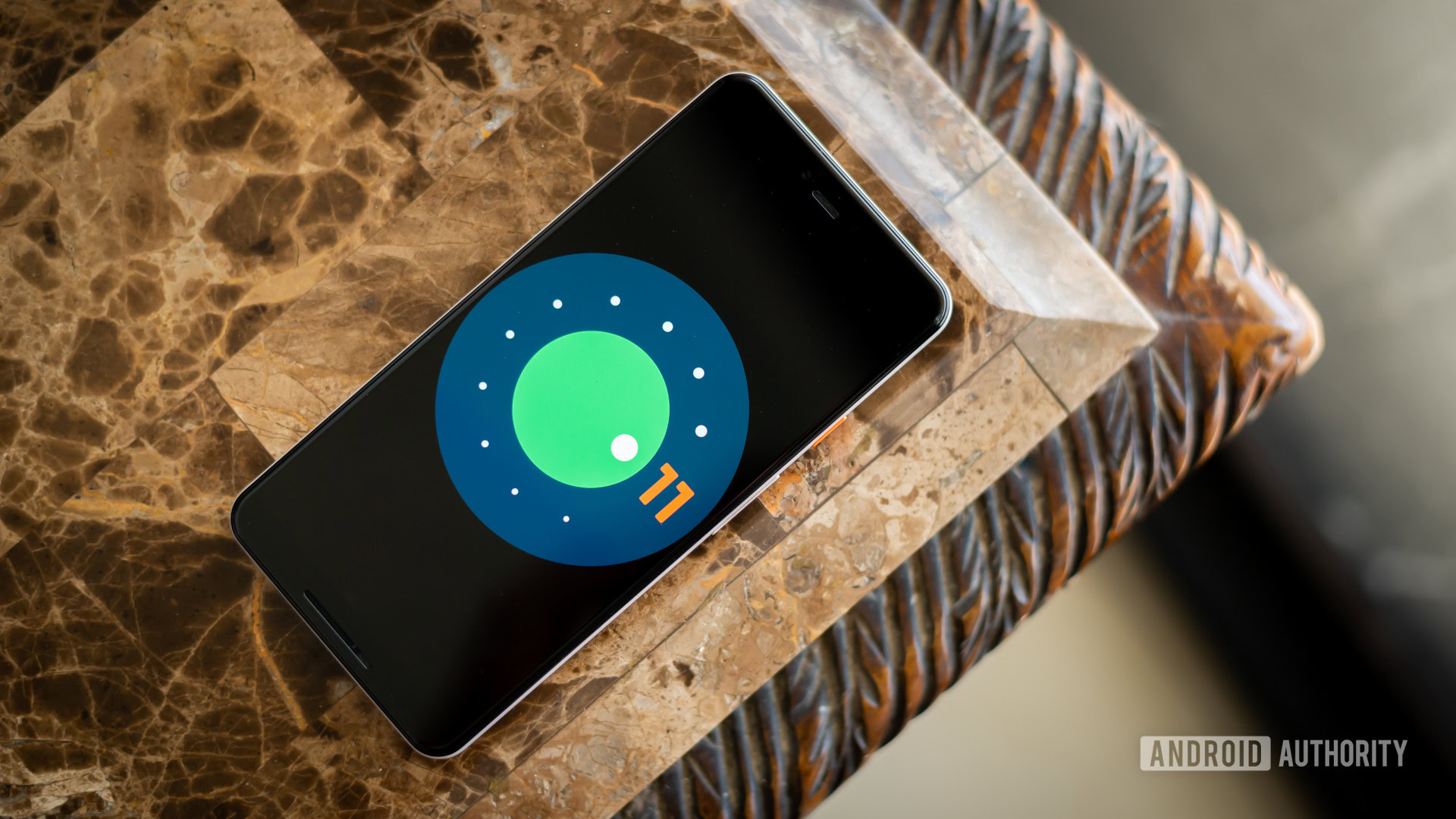Affiliate links on Android Authority may earn us a commission. Learn more.
Google may require Android Go for all new low-memory phones
Published onJuly 21, 2020

- A leaked document suggests Google will require all new Android phones with 2GB of RAM or less to use Android Go.
- This even applies to low-power devices launching with Android 10 after Q4 2020.
- Phones launching with 512MB of RAM will reportedly not be able to run Google Mobile Services.
Android Go might soon be more than a way of wringing more performance out of phones with low RAM — it could be mandatory on those devices.
The team at XDA Developers says it has obtained a leaked copy of an Android 11 Go edition device guide that tells manufacturers they’ll have to launch new phones as Android Go models if they ship with 2GB of RAM or less. This also applies to Android 10 devices released in the fourth quarter of 2020.
The guide effectively ends support for devices with 512MB of RAM by noting the hardware is “not qualified” to load Google Mobile Services (GMS) on Android 11.
There are strong incentives for Google to require Android Go.
We’ve asked Google if it can comment. It’s not clear if the policies still hold true. The document is dated April 24, which is fairly recent but still leaves the possibility of a change in strategy in the months since.
Go was initially built for devices with under 1GB of RAM, and hasn’t been required on phones under that threshold. Google quietly expanded Go support to devices with 2GB of RAM in 2019.
There are strong incentives for Google to require Android Go. Its lower hardware requirements are designed to improve the experience on entry-level phones with low memory, limited processing power and slow internet access. A requirement to use Go could bolster performance on these entry devices and improve the overall experience, giving buyers an incentive to choose Android handsets over basic cell phones.
Read more: The best budget phones you can currently buy